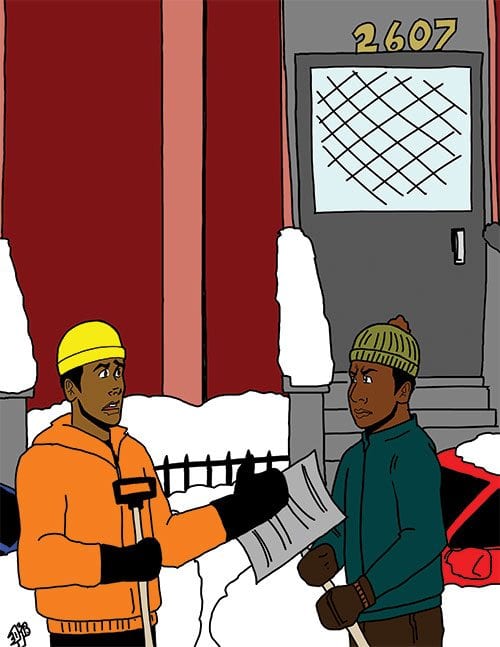
The late Malik Abdal-Khallaq was a highly regarded member of the Roxbury community. According to his granddaughter, Alenor Larisa Abdal-Khallaq Williams, he had a great interest in the Nubian civilization and he travelled to Africa on several occasions to learn more. His identification with the Nubians induced him to name the business he founded in Dudley Square “A Nubian Notion.”
Now there is an effort to rename Dudley Square as Nubian Square. The rationale seems to be for African Americans to identify with the Nubian empire that is now defunct, and to remove the name of a slaveholder, although they have provided no evidence that the Dudleys held slaves. There also seems to be little awareness of the enormous ethnic diversity of black inhabitants of Africa.
Sudan, the original home of the Nubians, was geographically the largest country in Sub-Saharan Africa. Its land mass is greater than all of Western Europe. Great Britain, Germany, France, Switzerland, Italy, Spain, Portugal, the Netherlands, Belgium and Scandinavia could all fit within Sudan’s borders. When one considers the wars and conflicts over the years in Europe, it is not surprising that there would also be violent conflicts among blacks in Africa.
Wars in more recent years in Africa include:
- The Biafran Civil War in Nigeria, 1967-1970, when the Hausa-Fulani and Yoruba backed government forces fought against the Ibo uprising;
- The Rwandan genocide from April to July in 1994 in which the Hutus killed 500,000 to 1,000,000 Tutsi who had formerly oppressed them; and
- The Darfur conflict in the Sudan in 2003 in which the Sudan Liberation Movement and the Justice and Equality Movement took up arms against the Arab-controlled government that oppressed the Nubians and others.
It is unlikely that the Nigerians or the Zulus would celebrate the Nubians just because they are African, any more than the French would celebrate the Germans because they are all Europeans. Similarly, African Americans cannot be expected to support the celebration of the Nubians, whose civilization is entirely unknown to them, only because they are all of black African descent.


![Banner [Virtual] Art Gallery](https://baystatebanner.com/wp-content/uploads/2024/04/Cagen-Luse_Men-at-store-e1713991226112-150x150.jpg)



